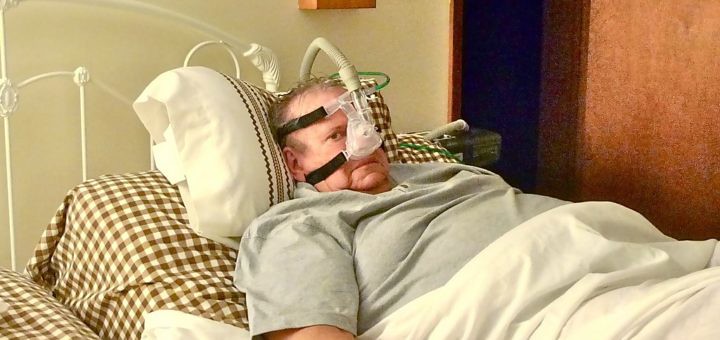A major study from the University of Birmingham has revealed that men with untreated sleep apnea face a higher risk of developing dementia. The research, published in BMJ Thorax, analyzed 2.3 million UK healthcare records over 12 years and found concerning links between the common sleep disorder and cognitive decline.
The study showed that people with untreated obstructive sleep apnea syndrome (OSAS) had a 12% higher risk of developing all-cause dementia and a 29% increased risk of vascular dementia specifically. Interestingly, the risk of Alzheimer’s Disease remained unchanged.
“Our findings build on existing evidence that sleep apnea is associated with issues of cognitive decline,” said Dr. Jingya Wang from the University of Birmingham, who led the research. “When left untreated, OSAS can increase the risk of developing vascular dementia in particular.”
The research team used a data tool called DExTER to identify nearly 194,000 patients with sleep apnea and compared them to more than half a million people without the condition. They tracked these individuals for an average of four years to identify those diagnosed with dementia.
Two significant findings stood out in the results. First, women with sleep apnea did not show the same increased dementia risk as men. Second, and perhaps most importantly, patients who received treatment with Continuous Positive Airway Pressure (CPAP) machines did not have a higher dementia risk compared to the general population.
Dr. Shamil Haroon, senior author of the study, pointed to a possible explanation: “It backs up other findings that may suggest that the periods of hypoxia, where there are lower levels of oxygen in the body, may be contributing to vascular dementia risk.”
Similar Posts
Sleep apnea causes breathing to repeatedly stop and start during sleep, leading to these drops in oxygen levels. When untreated, these oxygen disruptions may damage brain cells and blood vessels over time.
The Birmingham study adds to growing evidence from other research institutions. A University of Miami Miller School of Medicine study from December 2024 found links between sleep apnea, lower blood oxygen at night, and increased white matter changes in the brain that are associated with dementia. Similarly, University of California, Irvine researchers identified in May 2025 connections between sleep apnea during REM sleep and early signs of brain changes linked to memory problems.
Scientists believe several mechanisms may explain how sleep apnea affects brain health. The repeated drops in oxygen can cause oxidative stress and inflammation, damaging brain cells. Sleep disruption prevents the brain from clearing waste products, including proteins linked to Alzheimer’s disease. The condition can also harm small blood vessels in the brain, contributing to vascular dementia.
What makes these findings particularly significant is that sleep apnea is both common and treatable. According to Michigan Medicine estimates, while six million Americans have been diagnosed with sleep apnea, the actual number affected may be closer to 30 million. Many people with the condition remain undiagnosed, unaware of their increased health risks.
Symptoms of sleep apnea include loud snoring, gasping during sleep, morning headaches, and daytime sleepiness. Those experiencing these symptoms should speak with their doctor, as treating sleep apnea may not only improve daily functioning but potentially reduce dementia risk as well.

This research highlights the importance of sleep health as part of overall brain health and suggests that early detection and treatment of sleep disorders could play a role in dementia prevention strategies.


















